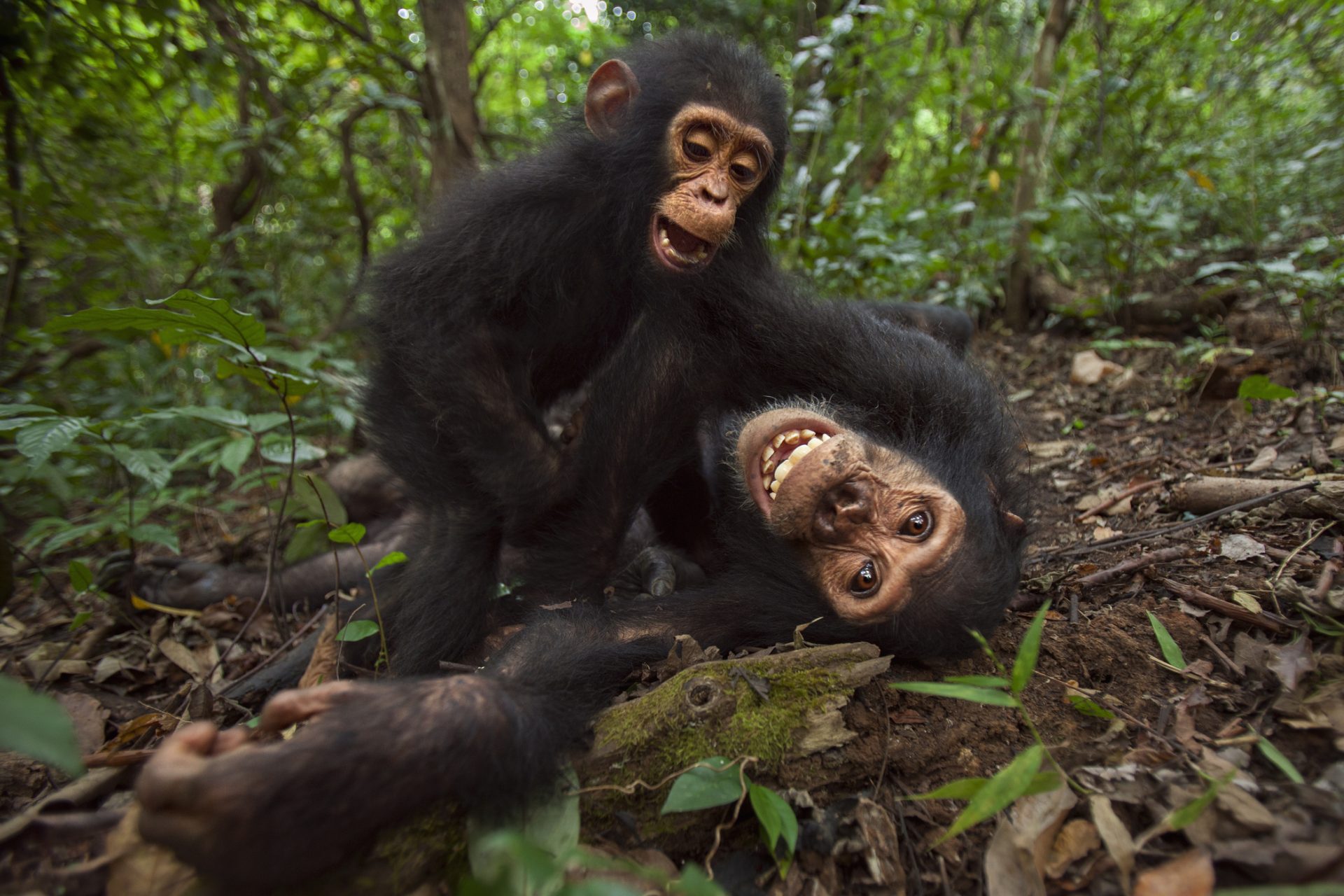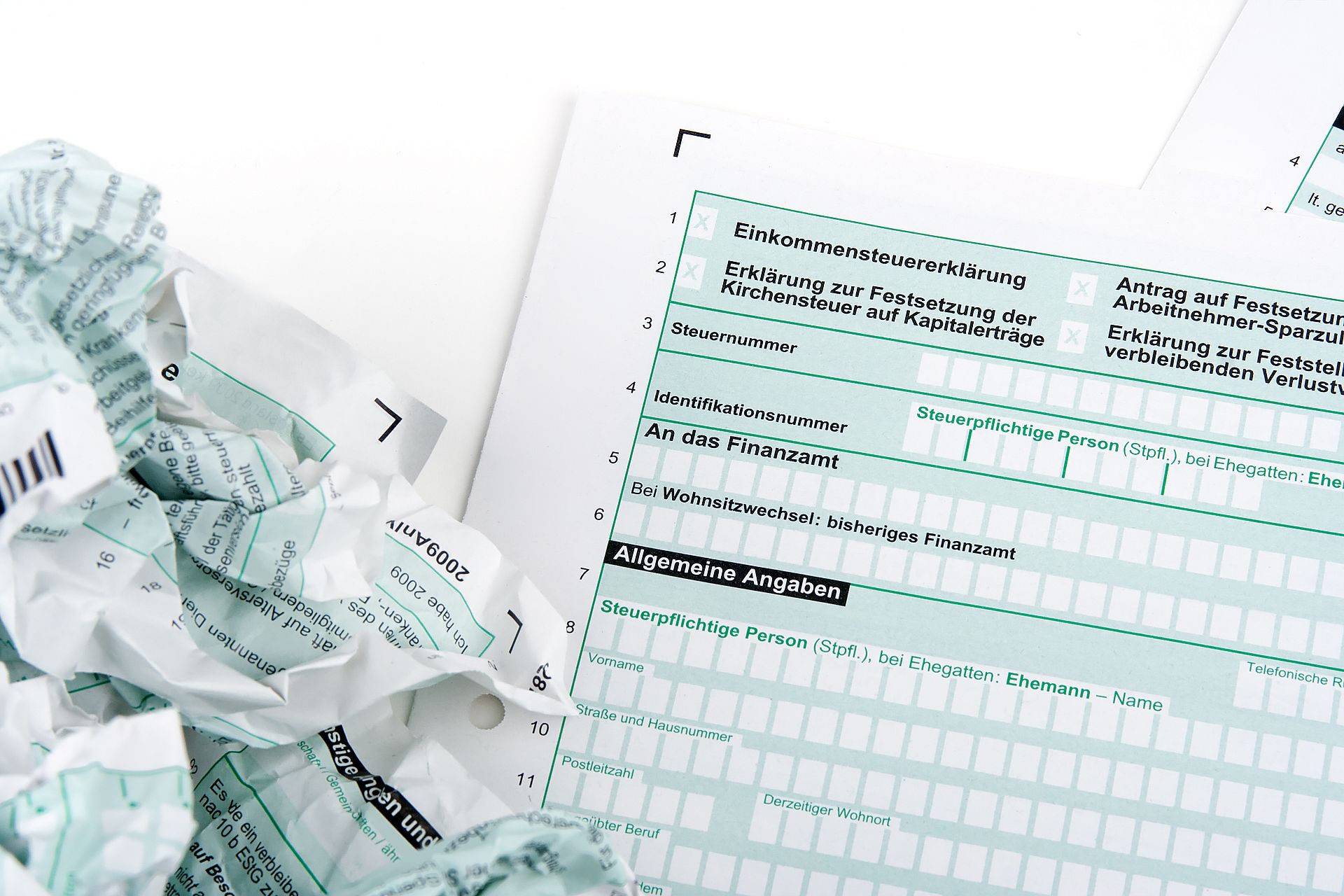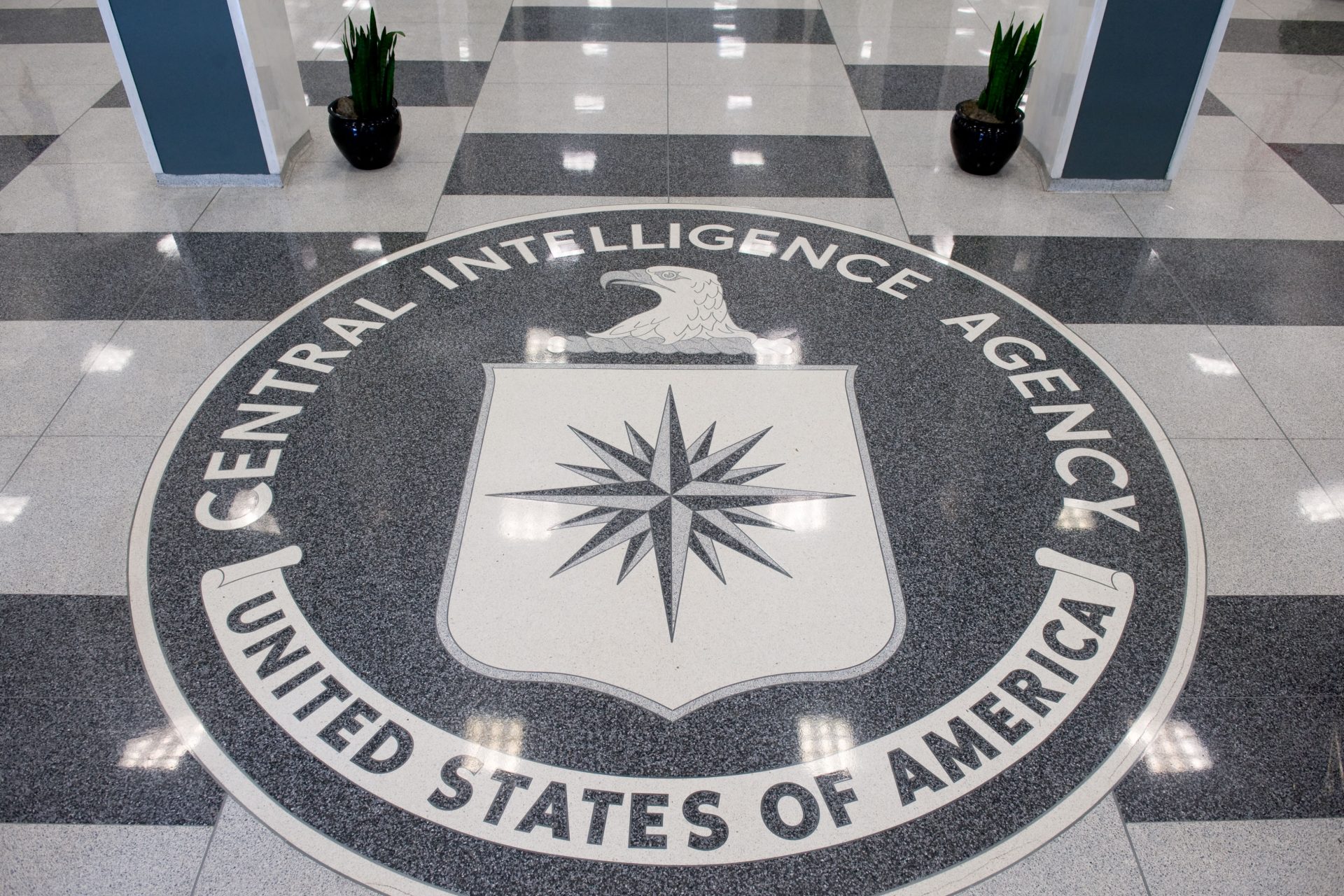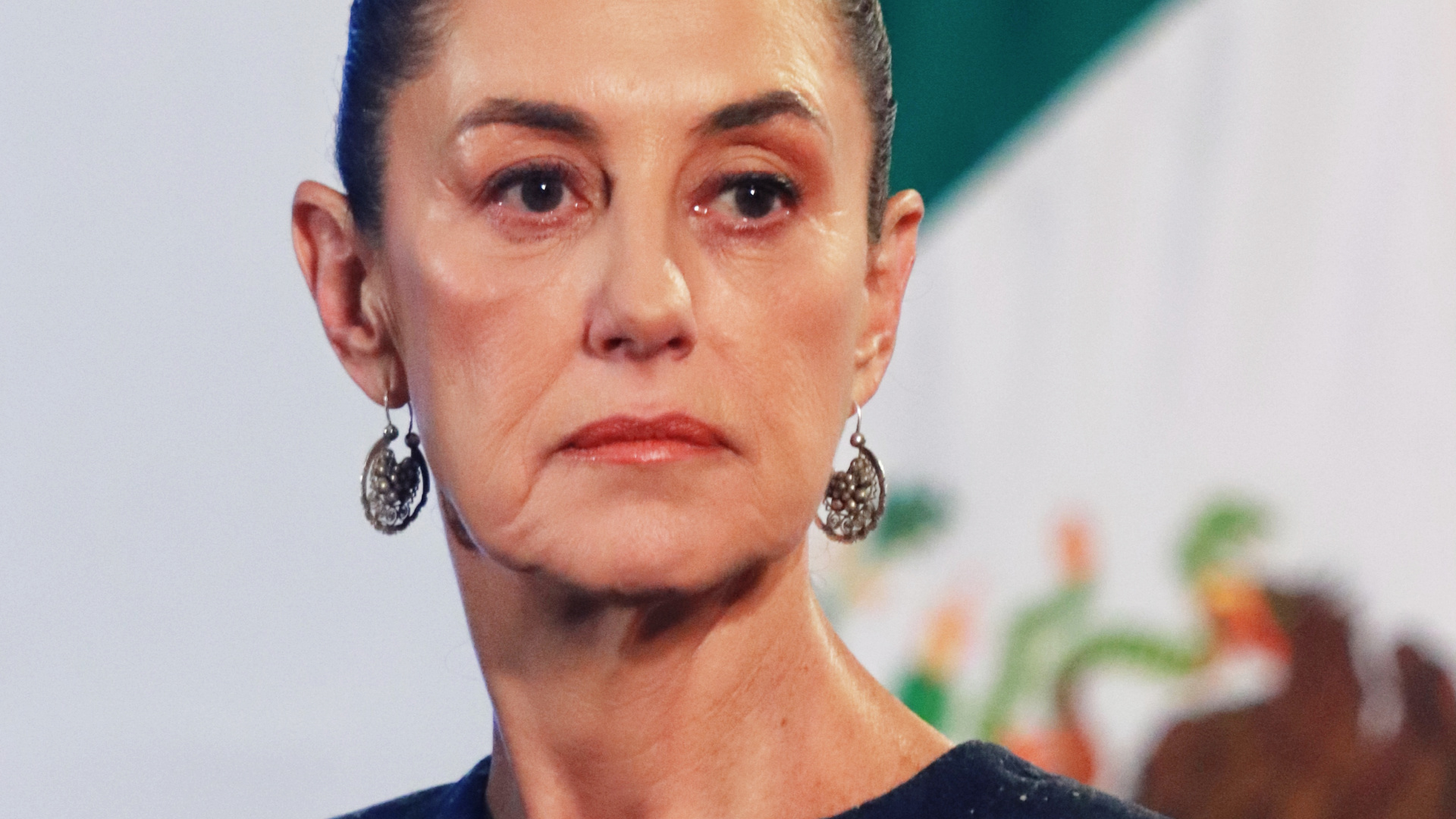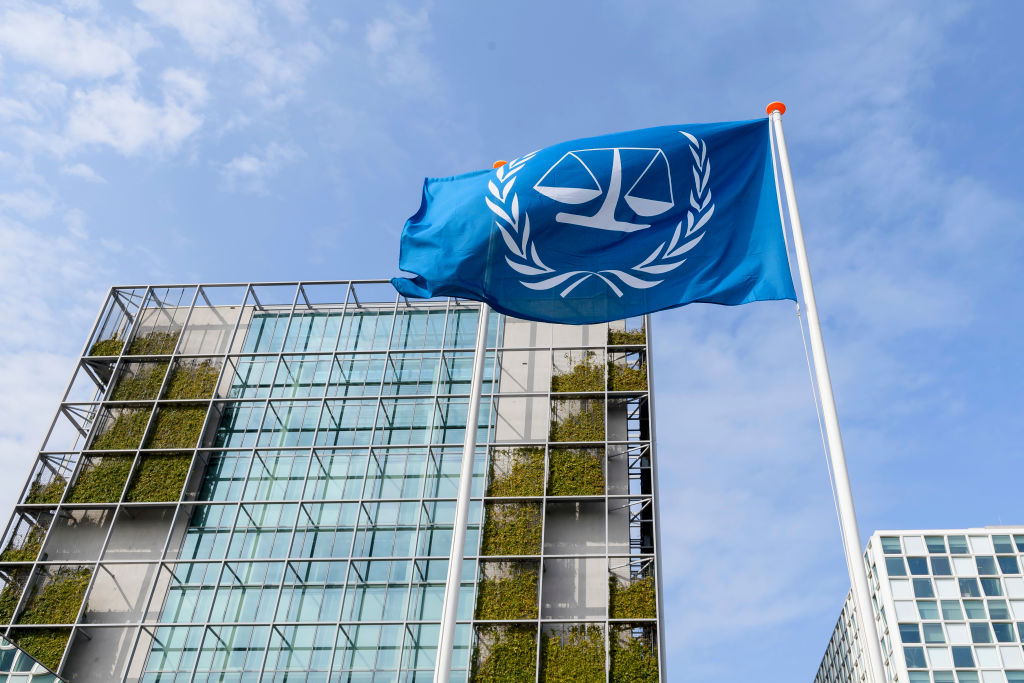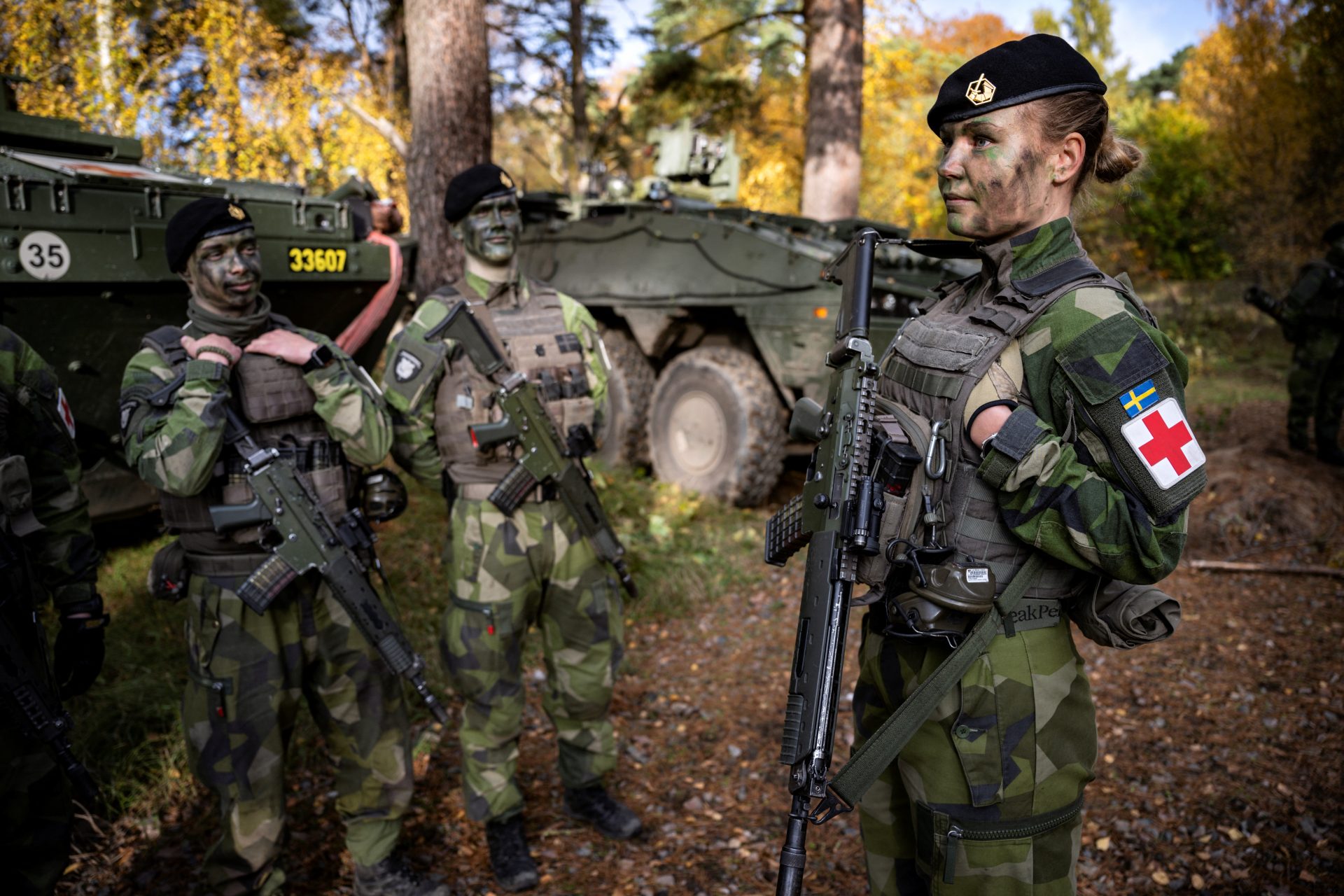Is Russia winning the war in Ukraine?
Last July 7, Russian President Vladimir Putin declared on a speech about the War in Ukraine that "We haven't even started", as cited by DW. But what is the true outcome of the Russian invasion so far, according to experts and data? Is Putin really winning the war against Zelensky? Let's see what they say.
Bloomberg columnist Max Hastings writes: “Russia is fortifying the territories it has seized. Despite its army’s stunning losses and poor morale, Putin still has at his disposal an inventory of unused weapons”.
The way the Ukrainian people resisted the first months of the war, under the firm leadership of Volodymyr Zelensky, gave the impression to many that Putin's special military operation has been a misstep.
However, the fact Putin didn't take over Kyiv and surrounding territories doesn't quite mean he lost the war. What's next in store for the Kremlin?
Stretching the duration of the conflict, making it into a war of attrition is something very convenient to Russia, which possesses far more resources at hand than Ukraine.
This is what is going on at the moment. A long war without a clear resolution in sight that could last many more months in the foreseeable future.
This begs the question: How long will the West continue supporting Volodymyr Zelensky before getting worn out?
Professor Matthew Sussex, a member of the Strategic and Defence Studies Center of the Australian National University, highlights these shortcomings in his conversation article titled: “Russia’s Ukraine invasion won’t be over soon – and Putin is counting on the West’s short attention span”.
“It's pointless to try to imagine a future in which relations with Moscow are characterized by anything other than mutual mistrust and hostility”, writes Sussex.
“In spite of this, there is still the chance that Russia’s invasion falls off the international radar through a Western inability to deal with hard realities”, argues the Australian academic.
Europe's commitment to Ukraine will be tested if Russia doesn't provide gas to Germany and Hungary when winter comes.
The idea of sitting down and negotiating with Putin might be more palatable to European public opinion if fuel and power costs are in the line.
What is true is that Putin is relentless and is continuing to send troops into Ukrainian territory.
In a July 12 piece, The New York Times focused on Russia's “stealth mobilization”. The “desperate” attempt to recruit the country's nationalistic youth en masse by promising more money and benefits for defending the motherland.
“Russia has a problem with recruitment and mobilization,” said Kamil Galeev, an independent Russian analyst and former fellow at The Wilson Center in Washington, to The New York Times. “It is basically desperate to get more men using any means possible.”
Then there's the question if the economic sanctions aimed at Russia are truly working. After all, the Russian economy hasn't collapsed yet.
McDonald's closed down its 850 locations in Russia and sold them to Russian millionaire Alexander Govor and continue working under the name Vkusno-i Tochka.
After all, Russia is the eleventh economy in the world and still trades with many countries that don't follow the sanctions.
Business Insider cited the numbers given by a representative of the Ukrainian government, claiming that Russia was making one billion US dollars every day from selling oil. This is no small part due to oil prices shooting up as a consequence of the war.
Numbers like this are used as an example of Russia's strength as an exporter of raw materials, despite the war and the sanctions.
Inflation in Russia has managed to hit over 17% in April and May 2022, but Moscow has managed to keep it under control. Compare this to the overall context of inflation in the developed world. For instance, some countries in the EU already have surpassed 9% of the inflationary rate this year.
Larry Elliott, The Guardian's economics editor, was pretty clear in an opinion piece he wrote titled: “Russia is winning the economic war - and Putin is no closer to withdrawing troops”.
“The Russian president has been playing a long game, waiting for the international coalition against him to fragment. The Kremlin thinks Russia’s threshold for economic pain is higher than the west’s, and it is probably right about that”, writes Elliot.
For China, India, and many Latin American countries, the war in Ukraine is a distant, faraway conflict that isn't an issue when making business and keeping good relations with Russia. The country's apparent isolation seems relative.
All these factors make it an easy target to criticize the West for excessive confidence and provide talking points for Russia's arguments.
Nobody, of course, can deny the sacrifice and perseverance demonstrated by the Ukrainian people since the beginning of the war. Is it enough to win the war? Of course not, and Zelensky knows it.
It was Zelensky who, according to Al Jazeera, stated that Russian troops controlled 20% of Ukrainian territory by the beginning of the summer. That's why the Ukrainian President keeps demanding support and weapons from the West.
Since the start of the war, Russian troops have managed to form a land corridor from Donetsk, along the Azov Sea to the Crimean Peninsula. Odesa, Ukraine's main port, could be their next target.
In the early stages of the war, Russia seemed to be excessively confident by launching a full-fledged invasion of Ukraine, forcing him to backtrack. Now it seems that Putin is bidding his time, waiting for the infamous Russian winter to take the lead for him.
More for you
Top Stories

































